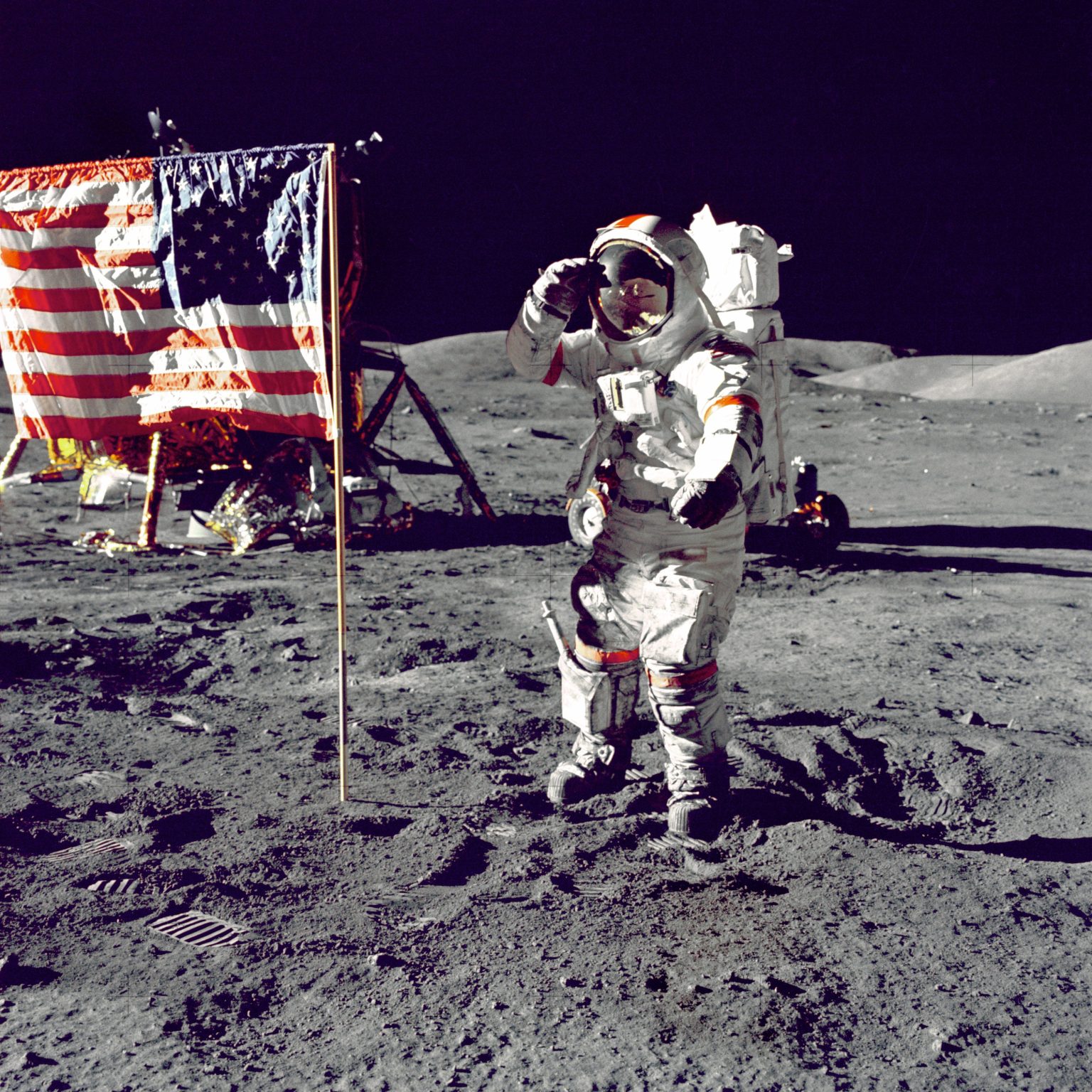On July 29, 1958, President Dwight D. Eisenhower signed the National Aeronautics and Space Act, establishing the National Aeronautics and Space Administration (NASA). This legislation was a response to the Soviet Union’s successful launch of Sputnik, the first man-made satellite, in 1957. The fear of ceding control of space to the Soviets led to the creation of NASA, which ultimately resulted in American dominance in space and a period of unprecedented exploratory achievement. NASA went on to execute the Mercury, Gemini, and Apollo space programs, culminating in the historic landing of American astronauts Neil Armstrong and Buzz Aldrin on the moon during Apollo 11 in 1969.
The successful moon landing remains a unique American achievement that continues to amaze people today. Since the end of the Apollo program in 1972, no human has set foot on the moon. The creation of NASA is considered one of Eisenhower’s greatest achievements, adding to his legacy as a general and president. Eisenhower’s leadership during World War II as Supreme Allied Commander was marked by his ability to keep together a coalition of American, British, and French leaders despite clashing egos and conflicting goals. He orchestrated the D-Day invasion of Europe in June 1944, a logistical and military achievement of historic proportions that ultimately led to the defeat of Nazi Germany less than 3.5 years after America entered the war.
During his two-term presidency from 1953 to 1961, Eisenhower oversaw a period of unprecedented peace, prosperity, and global hegemony for the United States. He brought an end to America’s involvement in the Korean War in 1953 and signed the Civil Rights Act of 1957. Additionally, Eisenhower’s creation of the U.S. Interstate Highway System in 1956 had a lasting impact on American infrastructure. The establishment of NASA in 1958 marked a new era of human exploration, this time focusing on the cosmos and the vast expanse of space. Eisenhower’s presidency was defined by his ability to navigate complex geopolitical challenges while fostering advancements in technology and innovation.
The legacy of Eisenhower’s leadership during World War II and his presidency continues to be celebrated for its lasting impact on American history. From the success of NASA in advancing space exploration to the historic achievements of the D-Day invasion and the defeat of Nazi Germany, Eisenhower’s contributions to American society are significant. The creation of NASA in 1958 as a response to Soviet dominance in space solidified Eisenhower’s role as a visionary leader who guided the United States through a period of immense change and progress. His legacy is one of leadership, innovation, and a commitment to pushing the boundaries of human exploration.


